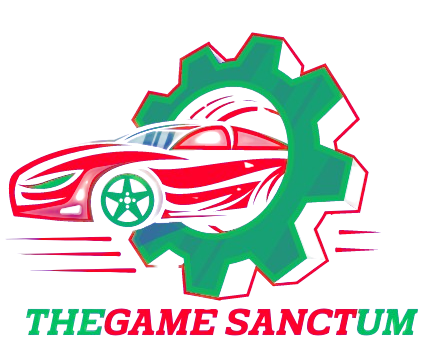Introduction
Family dynamics refer to the patterns of interaction, relationships, and behaviors that shape how family members relate to one another. These dynamics can significantly influence emotional well-being, communication styles, and conflict resolution within the family unit. This article explores the various aspects of family dynamics, their impact on individuals, and how to foster healthy relationships within families.
What Are Family Dynamics?
Family dynamics encompass the intricate ways family members engage with each Family dynamics other, including communication styles, roles, and emotional connections. These dynamics can be influenced by various factors, such as cultural background, individual personalities, and life experiences. Understanding these dynamics is crucial for improving family relationships and creating a supportive environment.
Key Components of Family Dynamics
- Roles and Responsibilities
Each family member typically assumes specific roles that contribute to the overall functioning of the family. Common roles include:
- The Provider: Often responsible for financial support.
- The Caregiver: Takes on emotional and physical care for others.
- The Peacemaker: Works to resolve conflicts and maintain harmony.
- The Rebel: Challenges family norms and expectations.
Understanding these roles can help families navigate conflicts and improve communication.
- Communication Patterns
Effective communication is vital for healthy family dynamics. Families may develop distinct communication styles, such as open dialogue, passive-aggressiveness, or avoidance. Recognizing and addressing communication patterns can enhance understanding and reduce misunderstandings.
- Boundaries
Healthy family dynamics require clear boundaries. These boundaries define what is acceptable behavior and how family members interact. Setting and respecting boundaries can help prevent conflicts and promote individual autonomy.
- Cultural Influences
Cultural background plays a significant role in shaping family dynamics. Values, traditions, and expectations can vary widely among families, influencing everything from parenting styles to conflict resolution.
- Life Stages and Changes
Families evolve over time, and life stages—such as marriage, parenthood, or the departure of children—can alter dynamics. Adapting to these changes is essential for maintaining healthy relationships.
The Impact of Family Dynamics
- Emotional Well-Being
Positive family dynamics can foster emotional security, self-esteem, and resilience. Conversely, negative dynamics may contribute to anxiety, depression, and interpersonal conflicts.
- Conflict Resolution
Families with healthy dynamics tend to manage conflicts constructively, using effective communication and problem-solving skills. In contrast, dysfunctional dynamics can lead to unresolved issues and escalating tensions.
- Influence on Future Relationships
The dynamics experienced within the family can shape individuals’ expectations and behaviors in future relationships. Healthy family dynamics often lead to positive interpersonal skills, while negative experiences can result in challenges in adult relationships.
Fostering Healthy Family Dynamics
- Encourage Open Communication
Create an environment where all family members feel safe expressing their thoughts and feelings. Regular family meetings can provide a platform for discussing concerns and celebrating achievements.
- Set Boundaries
Establish clear boundaries to ensure everyone feels respected and valued. Encourage family members to express their needs and limits.
- Promote Shared Activities
Engage in shared family activities to strengthen bonds and create positive memories. Family game nights, outings, or collaborative projects can enhance connection.
- Address Conflicts Constructively
Teach and practice conflict resolution skills within the family. Encourage active listening and empathy to understand differing perspectives.
- Seek Professional Help When Needed
If family dynamics become strained or dysfunctional, consider seeking the support of a family therapist. Professional guidance can provide valuable insights and strategies for improvement.
Conclusion
Understanding family dynamics is essential for nurturing healthy relationships within the family unit. By recognizing roles, communication patterns, and cultural influences, families can work towards creating a supportive and loving environment. Investing in positive family dynamics not only enhances emotional well-being but also equips family members with the skills to navigate life’s challenges together. Embrace the journey of understanding your family dynamics, and watch as your relationships grow stronger and more fulfilling.

